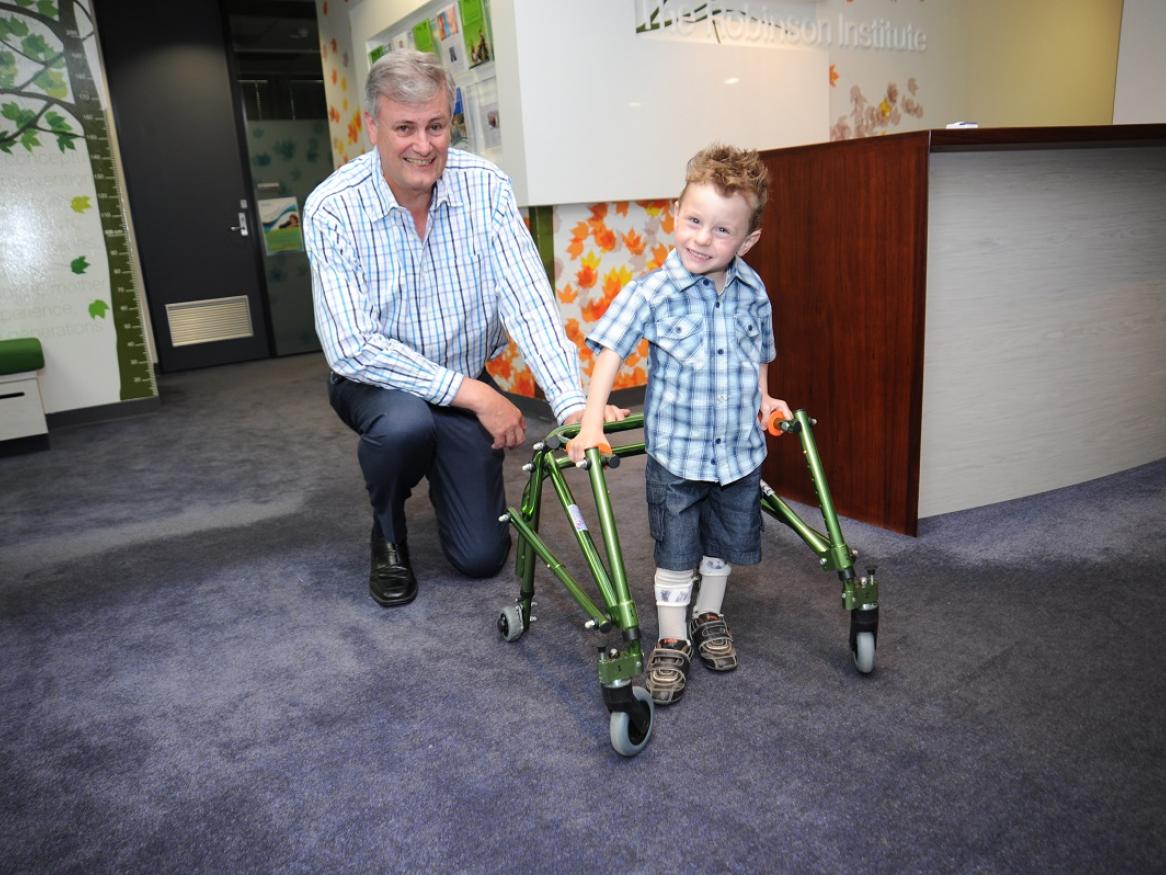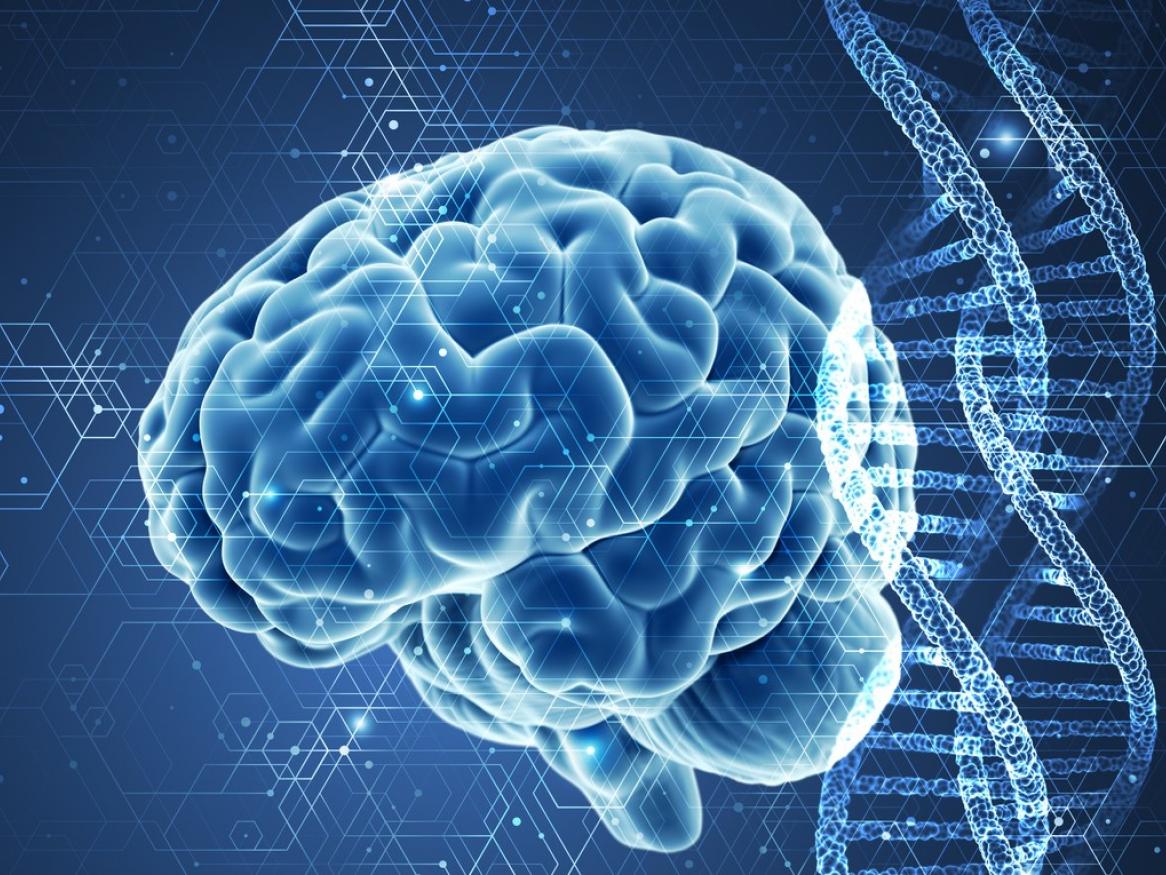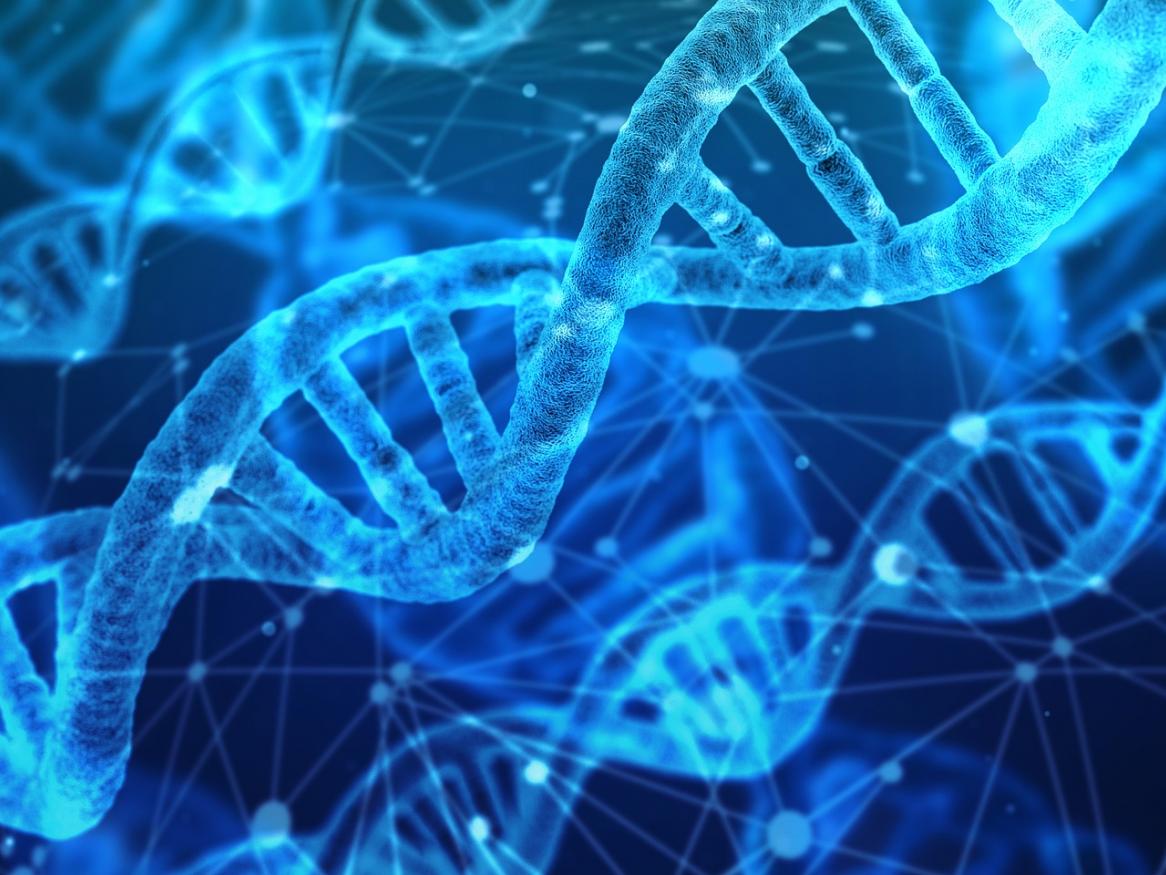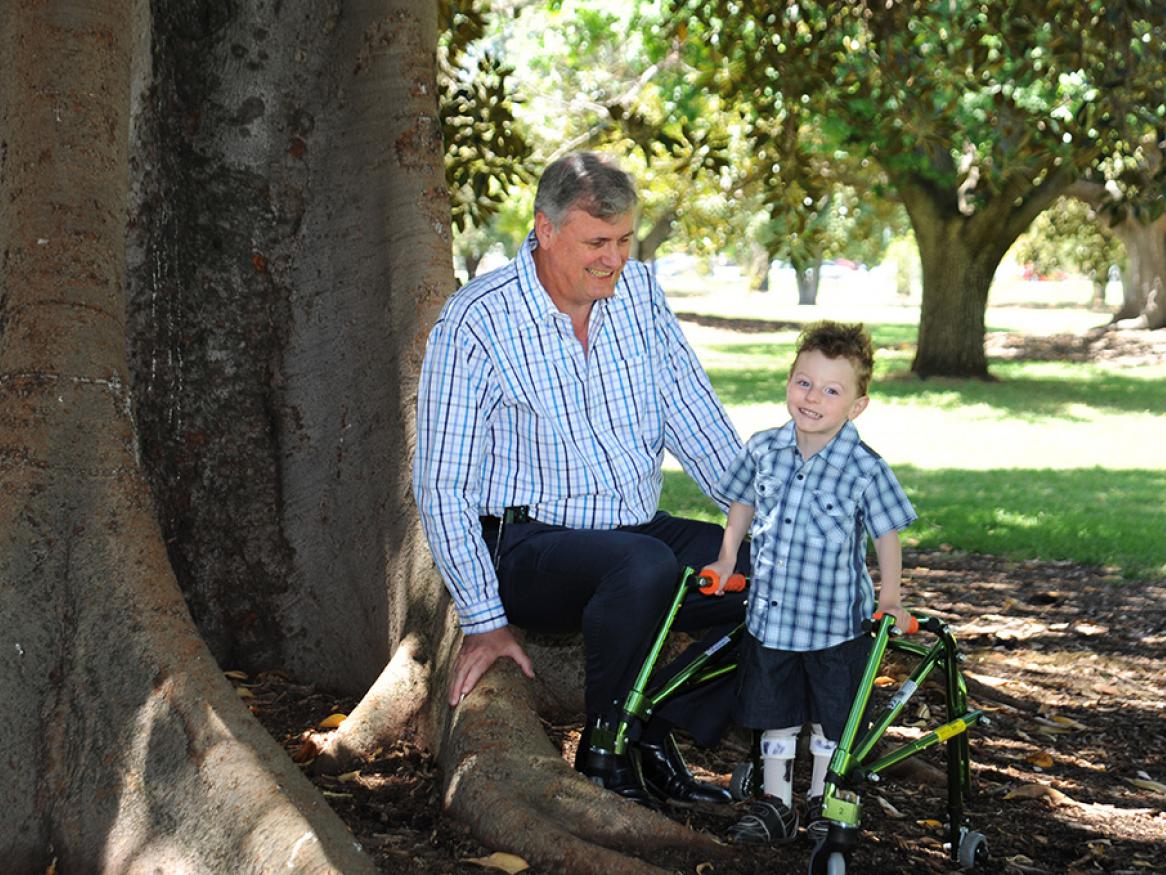News: genetics
Genetics, not lack of oxygen, causes cerebral palsy in quarter of cases

The world’s largest study of cerebral palsy (CP) genetics has discovered genetic defects are most likely responsible for more than a quarter of cases in Chinese children, rather than a lack of oxygen at birth as previously thought.
[Read more about Genetics, not lack of oxygen, causes cerebral palsy in quarter of cases]
Funding boost to help reduce surgery side effects

A pilot trial is now underway to reduce the side effects experienced by patients who require a general anaesthetic and pain relief during surgery.
[Read more about Funding boost to help reduce surgery side effects]
Major cerebral palsy gene revealed

Researchers from the University of Adelaide have identified the gene that is the most common genetic cause of cerebral palsy, increasing the chances of finding better treatments for the debilitating disease.
Oldest clinical case of a rare genetic condition discovered

A group of international researchers including experts from the University of Adelaide has uncovered evidence of a genetic condition that gives men an extra X chromosome, reporting the oldest clinical case of Klinefelter Syndrome to date.
[Read more about Oldest clinical case of a rare genetic condition discovered]
New research to block the action of damaged genes may reverse rare and devastating childhood illnesses

In a new research paper published in Nature Portfolio Journal of Genomic Medicine this month, a team of researchers led by Adelaide University has outlined a first step in developing the DNA tools to switch off the progression of some of the toughest and previously most mysterious neurological disorders.
DNA editing technique provides new tool for disease research and gene therapy

Researchers at the University of Adelaide, the South Australian Health and Medical Research Institute (SAHMRI) and CSIRO have developed a new technique to edit genes in living cells with unprecedented efficiency.
[Read more about DNA editing technique provides new tool for disease research and gene therapy ]
Genetics behind a quarter of cerebral palsy cases

At least a quarter of children with cerebral palsy have a clinically important genetic finding and 50 per cent of these will have immediate implications for their care, a new study from the University of Adelaide has found.
[Read more about Genetics behind a quarter of cerebral palsy cases]
Study confirms genetic link in cerebral palsy

An international research team including the University of Adelaide has found further evidence that rare gene mutations can cause cerebral palsy, findings which could lead to earlier diagnosis and new treatments for this devastating movement disorder.
[Read more about Study confirms genetic link in cerebral palsy]
Ancient DNA paints genetic portrait of Andes civilisations

An international team of researchers including the University of Adelaide, has completed the first large-scale study of DNA belonging to ancient humans of the central Andes in South America and found early genetic differences between groups of nearby regions, and surprising genetic continuity over thousands of years.
[Read more about Ancient DNA paints genetic portrait of Andes civilisations]
New technique delivers complete DNA sequences of chromosomes inherited from mother and father

An international team of scientists led by the University of Adelaide’s Davies Research Centre has shown that it is possible to disentangle the DNA sequences of the chromosomes inherited from the mother and the father, to create true diploid genomes from a single individual.
